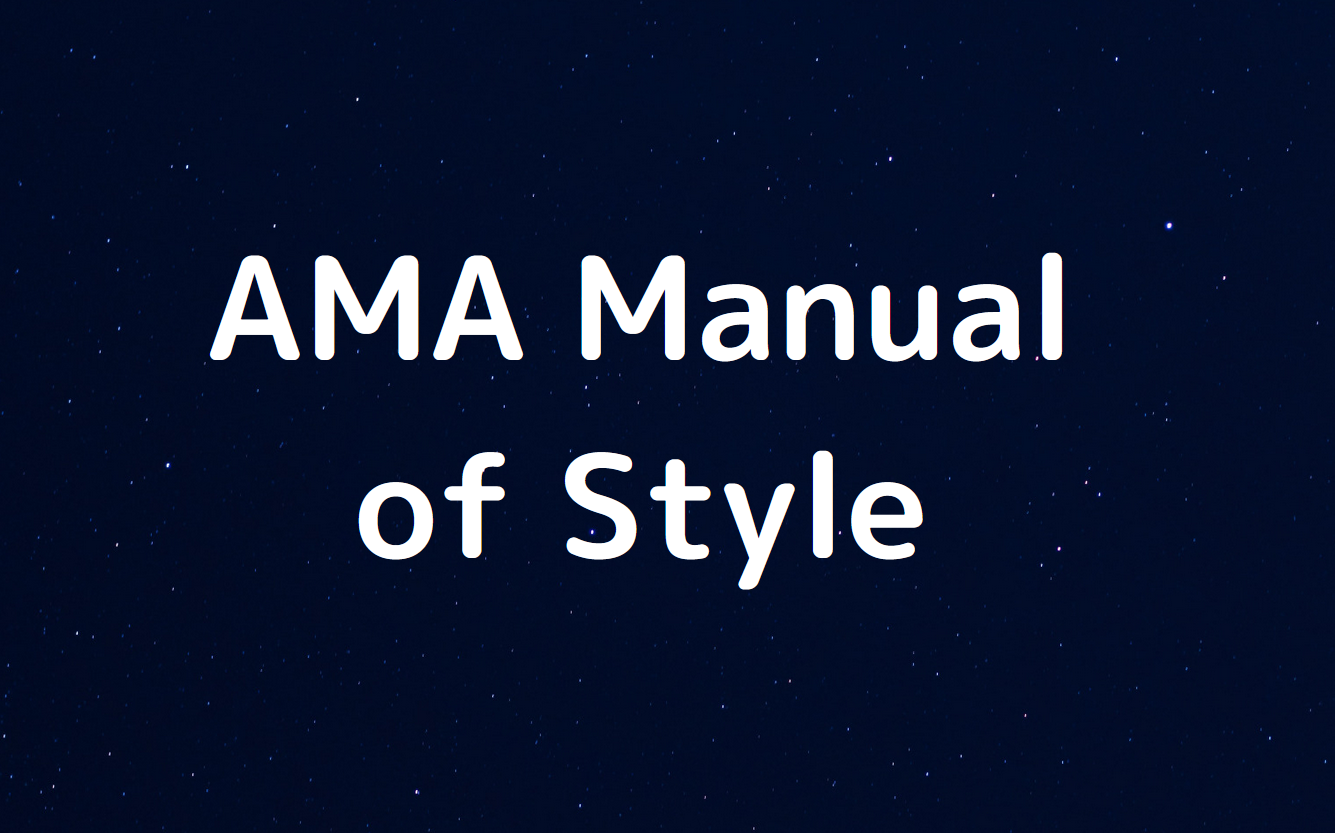今回は、年齢と性別の表現。
特に年齢は「あれ?どうだったけ?どこに書いてあったっけ?」となってしまう。
~~~~~~~~~~~~~~~~~~~~~
まずは、“Age and Sex Referents” のセクションから。
これは9版、10版、11版で大きく変わってはいない。
■ Neonates、newborn: from birth to 1 month of age.
■ Infants: aged 1 month to 1 year (12 months)
■ Children: aged 1 to 12 years.
※ “children” はもっと広い意味として “birth to 12 years of age” を意味することもある。また、”boys” または “girls” を使うこともある。
■ Adolescents: aged 13 through 17 years.
※ “teenagers” または “adolescent boys” や “adolescent girls” と呼ばれることもある。
■ Adults: aged 18 years or older
※ “men” または “women” と呼ぶ。
■ Young adults: aged 18 to 24 years of age (これは10版から追加)
患者は可能な限り、”man”、”woman”、”boy”、”girl”、”infant” のように表現する。(9版、10版には”male”、”female”を、”a male”、”a female”といった名詞表現で使わないようにと明確に書かれていたが、11版では消えている。適切な例に含まれていないのだから、使わないのは当たり前でしょということだろう。)
ただし、試験グループに異なる年代(childrenとadultなど)、男女が混在している場合は、”male”、”female”を名詞として使うのは適切である。
また、”male”、”female” を形容詞として使用するのは問題ない。
~~~~~~~~~~~~~~~~~~~~~
次に、Age のセクションから年齢による差別表現 (ageism) についての記載。
[11版]
以下の表現は、避けるように書かれている。(名詞とは書いていない)
seniors, elderly, the aged, aging dependents, old-old, young-old, and similar “other- ing” terms
推奨する表現は以下の通り。
- older persons
- older people
- older adults
- older patients
- older individuals
- persons 65 years and older
- the older population
65歳以上の人に対しては “older adults” という表現を推奨している。
9版、10版では “elderly patients”、”geriatric patients” は適切な表現として例に挙がっていたが、11版では消えている。もう、”older” 一択。
[9版、10版]
9版、10版では以下の記述があったが、11版では消えている。何が “ageism” に当てはまるかが変わってきたからだろう。
・”elderly” を名詞として使用するのは避けるべきだが、その高齢の年齢層の人たち全体を指すのであれば使ってよい。
・高齢者医学の研究者は、”young-old” (通常60歳または65歳から70歳程度と定義される) とold-old (80歳以上) といった、より高齢層に対して定義された用語を使ってよい。
Age に関する記述の変遷は以下の通り。
[11版] 11.12.4 Age.
Because terms like seniors, elderly, the aged, aging dependents, old-old, young-old, and similar “other- ing” terms connote a stereotype, avoid using them. Terms such as older persons, 225 older people, older adults, older patients, older individuals, persons 65 years and older, or the older population are preferred. Use older adults, a term less likely to connote discrimination and negative stereotypes, when describing individuals 65 years old and older.
[10版] 11.10.3 Age.
Because the term elderly connotes a stereotype, avoid using it as a noun. When referring to the entire population of elderly persons, use of the elderly may be appropriate (as in the impact of prescription drug costs on the elderly, for example). Otherwise, terms such as older persons, older people, elderly patients, geriatric patients, older adults, older patients, aging adults, persons 65 years and older, or the older population are preferred.
[9版] 9.10.3 Age.
Avoid using age descriptors as nouns because of the tendency to stereotype a particular group as having a common set of characteristics. While in general the phrase the elderly should be avoided, when referring to the entire population of elderly persons, use of the elderly may be appropriate (as in the impact of Medicare cuts on the elderly, for example). Otherwise, terms such as older persons, older people, elderly patients, geriatric patients, older patients, aging adults, or the older population are preferred.
~~~~~~~~~~~~~~~~~~~~~
~~~ AMA Manualの記載情報 ~~~
以下の章を参照。
■AMA Manual 9版
[章] 9.5 AGE AND SEX REFERENTS.
[ページ] P.516
[章] 9.10.3 Age.
[ページ] P.268
■AMA Manual 10版
[章] 11.5 Age and Sex Referents.
[ページ] P.410
[章] 11.10.3 Age.
[ページ] P.416
■AMA Manual 11版
[章] 11.7 Age and Sex Referents
[ページ] P.540
[章] 11.12.4 Age.
[ページ] P.547
~~~~~~~~~~~~~~~~~

コメント